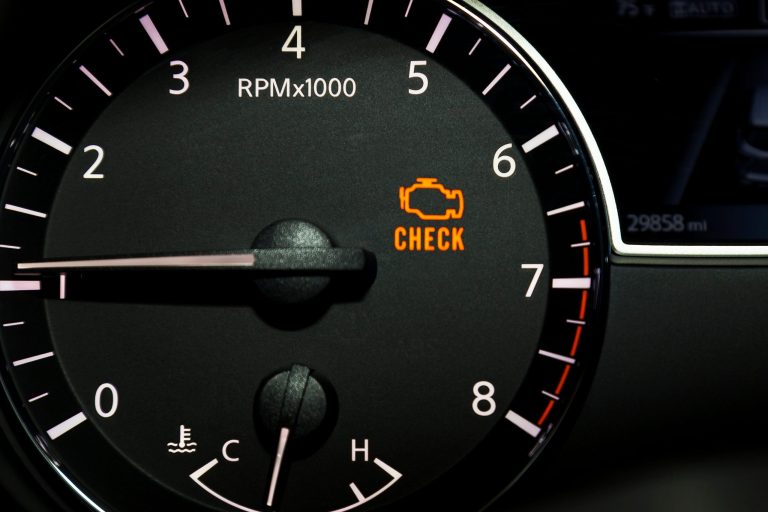The short answer is typically, no. Dealerships usually are not legally required to provide a rental during a warranty repair. However, this can vary depending on the specific warranty you have on your vehicle. When your vehicle requires repairs under warranty, it’s normal to wonder about your rights as a consumer.. Let’s help you understand your entitlements and shed light on the legal aspects surrounding rental cars for warranty repairs.

Understanding Warranty Coverage
Before we delve into the specifics of rental car rights, let’s briefly revisit the concept of warranty coverage. When you purchase a new vehicle, it often comes with a warranty that outlines the repairs and services the manufacturer and dealership are responsible for during a specified period. This warranty is a contractual agreement between the manufacturer and the vehicle owner, ensuring that any defects or malfunctions will be rectified by the dealership or authorized repair centers.
The Fine Print: Reading Your Warranty
To determine whether a rental car is included in your warranty coverage, it’s crucial to carefully review the terms and conditions outlined in the warranty document. While warranty terms can vary between manufacturers and dealerships, it’s common for warranties to cover the cost of parts and labor necessary to repair your vehicle. However, the inclusion of a rental car provision may differ from one warranty to another.
Legal Obligations: Manufacturer and Dealership Responsibilities:
In most jurisdictions, there are no specific laws that mandate manufacturers or dealerships to provide rental cars during warranty repairs. However, this doesn’t mean that you are entirely left without options. While it is not legally required, many manufacturers and dealerships voluntarily offer rental cars as a courtesy to their customers, especially for repairs that require an extended period.
Negotiating Rental Cars: Effective Communication
When faced with warranty repairs that necessitate leaving your vehicle at the dealership or repair center for an extended period, it’s essential to maintain open communication with the service department. In some cases, politely expressing your concerns and needs may lead to the dealership offering a rental car as a goodwill gesture. Remember, dealerships value their customers’ satisfaction, and demonstrating your loyalty and willingness to recommend their services can go a long way.
Alternative Options: Rental Reimbursement Programs
If the dealership or manufacturer does not provide a rental car, explore alternative options such as rental reimbursement programs. Some warranties offer provisions for reimbursing a portion of the rental car expenses incurred during the repair period. Be sure to familiarize yourself with the specific requirements and limitations of these programs, such as rental duration and maximum reimbursement amount.

Legal Recourse: Seeking Professional Advice
In rare instances where the dealership or manufacturer refuses to address your concerns or honor any rental provisions outlined in your warranty, it may be necessary to seek legal advice. Consulting an attorney specializing in consumer rights or automotive law can help you understand your legal options and navigate any potential disputes that may arise.
While dealerships and manufacturers are not legally obligated to provide rental cars during warranty repairs, it’s important to thoroughly review your warranty documents to understand the specific terms and provisions. Although there is no legal obligation, numerous dealerships voluntarily provide rental cars as a gesture of goodwill to uphold customer satisfaction. Effective communication, negotiation, and exploring rental reimbursement programs are valuable strategies to consider if you find yourself in need of a rental car during warranty repairs. Remember, seeking professional legal advice can provide further guidance should you encounter any challenges in asserting your rights as a consumer.
DISCLAIMER: The information provided in this article is not to be construed as legal advice. Readers should be aware that no Attorney-Client relationship or privilege is established by posting or reading this content. Moreover, this article is not intended to solicit business. For personalized legal guidance, it is advised to consult with a qualified attorney.









